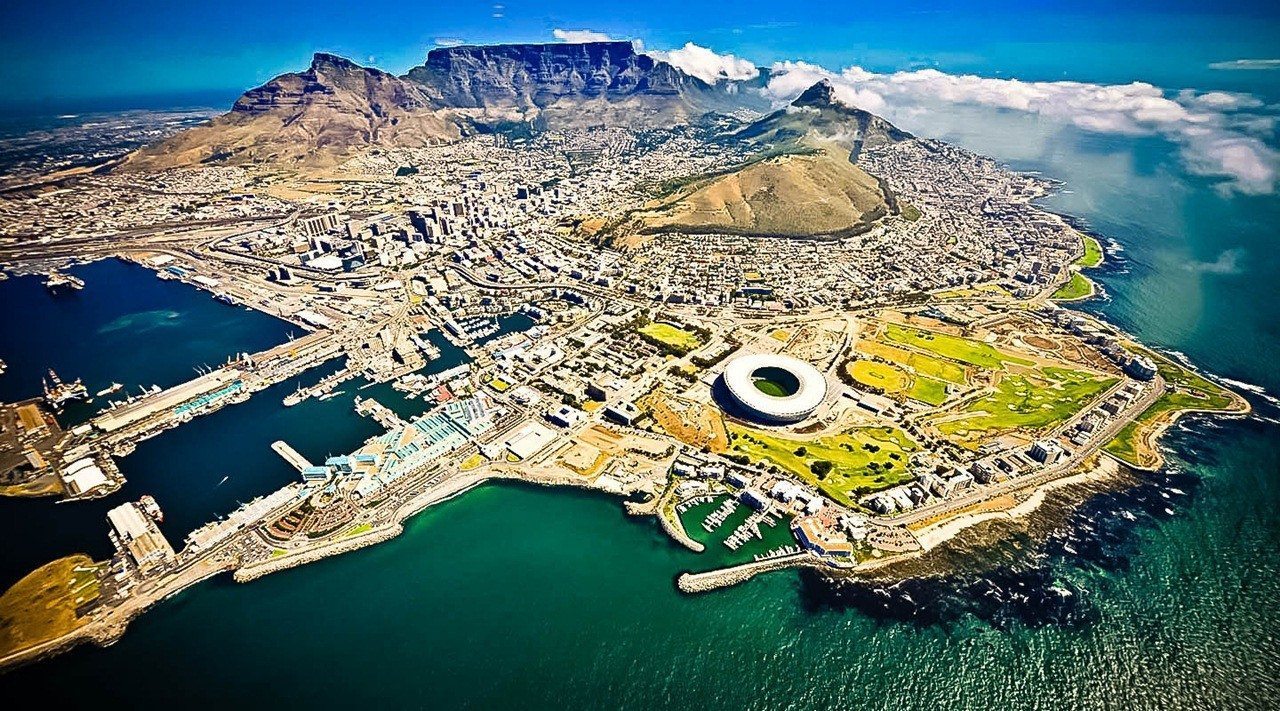The beginnings of Bo-Kaap can be mapped back to the 17th century when Dutch settlers gotten here in Cape Town and delivered with them servants coming from Southeast Asia, including Malaysia and Indonesia. These slaves were mostly Muslim and became understood as the Cape Malay area. They were forced to live in this area by their Dutch experts because they were considered unwanted due to their religious beliefs.
Today, Bo-Kaap is a diverse community that celebrates its past history and lifestyle through its unique design, dishes, foreign language, and traditions. The brightly colored houses that edge the streets are a widely known site of Bo-Kaap's background. These properties were initially coated white colored but were eventually coated in brilliant colours by the individuals to celebrate Eid.
One of the most significant cultural occasions celebrated in Bo-Kaap is Ramadan. Throughout this month-long duration of fasting for Muslims worldwide, Bo-Kaap comes to life with standard meals stalls marketing samosas, koeksisters (delightful delicacy), and various other specials.
Yet another important part of Bo-Kaap's society is its language. Afrikaans is spoken generally throughout South Africa but Cape Malay folks have established their very own vocabulary called "Cape Afrikaans". This vocabulary consists of phrases coming from several languages such as Dutch, English, Malay/Indonesian languages such as Bahasa Melayu or Bahasa Indonesia.

Bo-Kaap additionally has many museums dedicated to preserving its record and lifestyle. The District Six Museum showcases the results of discrimination on neighborhoods like Bo-Kaap where several individuals were by force gotten rid of from their houses during the course of apartheid-era "city revitalization" systems or Group Areas Act which was used through South African authorities between 1950s-1980s to divide folks by race. The Bo-Kaap Museum show the past history of the region and its locals, featuring their practices, personalizeds, and ideas.
In addition to its social destinations, Bo-Kaap is also home to many mosques. The Auwal Mosque is the oldest cathedral in South Africa and was developed in 1794 through freed servants who had changed to Islam. It offered as a place of worship for the Cape Malay community during the course of discrimination when they were not allowed to worship at various other cathedrals.
Bo-Kaap is a melting flowerpot of lifestyles and faiths that have happen all together over centuries of past history. Its dynamic streets are filled with the sounds of typical songs and the smells of delectable food. A browse through to Bo-Kaap is an option to immerse oneself in a special society that has actually a amazing history.
In verdict, Bo-Kaap is an necessary component of Cape Town's history and culture that should not be overlooked by site visitors. Its vibrant streets, mouth watering food items, one-of-a-kind language, abundant practices and personalizeds all produce it a fascinating place for anyone intrigued in finding out concerning South Africa's diverse ancestry.